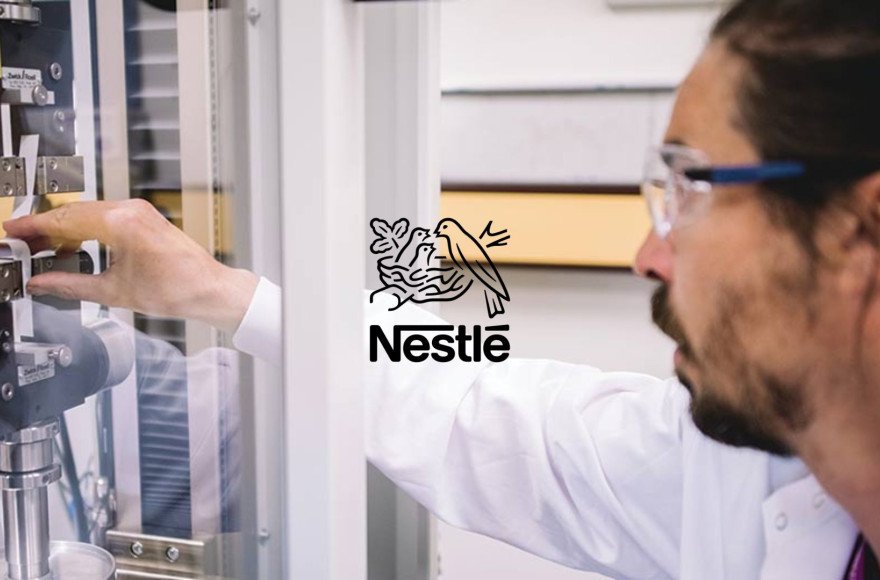Share

- Plastic Reduction: New packaging for Vital Proteins reduces plastic use by 90%.
- Sustainable Coffee Packs: Nescafé introduces high-barrier paper refill packs, cutting packaging weight by 97%.
- Recycling Commitment: Nestlé aims for 95% recyclable plastic packaging by 2025.
Nestlé continues to push the boundaries of sustainable packaging with innovative paper-based solutions across major brands. In a bid to significantly cut plastic waste, the company is making strides with new packaging for various products.
Vital Proteins’ New Look:
Nestlé’s latest move involves the launch of paperboard canisters for its Vital Proteins brand in the U.S., which reduce plastic use by 90% compared to the previous packaging. Developed in collaboration with external partners at the R&D center in Bridgewater, New Jersey, these canisters feature a proprietary coverlid that is both leak-proof and durable, making them ideal for everyday use.
Advancements in Coffee Packaging:
The company is also revolutionizing its coffee packaging. In the UK, Nestlé has introduced a high-barrier paper refill pack for Nescafé, allowing consumers to refill their glass jars while reducing packaging weight by 97%. This paper packaging is recyclable in local paper waste streams, aligning with Nestlé’s sustainability goals. Additionally, the Nescafé Cappuccino range in Europe now comes in a fully recyclable paper-body can, further advancing the company’s environmental efforts. Gerhard Niederreiter, Head of Nestlé’s Institute of Packaging Sciences, highlights the company’s approach: “When developing paper packaging, we consider each product’s sensitivity to external elements such as oxygen, temperature, and moisture.”
Company-Wide Commitment:
Nestlé’s initiatives extend across multiple product categories, leveraging its extensive R&D network to innovate sustainable packaging solutions. “Coffee is particularly sensitive to oxygen and humidity,” says Axel Touzet, Head of the Coffee Business Unit for Nestlé. “Redesigning packaging for this category requires additional efforts to ensure product freshness and quality with science-based and sustainable solutions. “These efforts are part of Nestlé’s broader strategy to design 95% of its plastic packaging for recycling and to reduce the use of virgin plastic by one third by 2025, demonstrating its commitment to sustainability and innovation.
Related Posts
SEARCH SMECONNECT-DESK
RECENT POST
- Finance Minister Boosts MSME Lending with Rs 1.5 Lakh Crore Increase in Public Sector Bank Targets for FY25
- Golden Visa Shake-up: Spain, Portugal, and Switzerland Phase Out Schemes While Hungary Reintroduces Residency Pathways
- Bank of Baroda Expands Branch Network and Strengthens Retail, Agriculture, MSME Focus
- PSBs to focus on accelerating pace of lending to agriculture & MSMEs
- Agricultural exports flat in first half:

